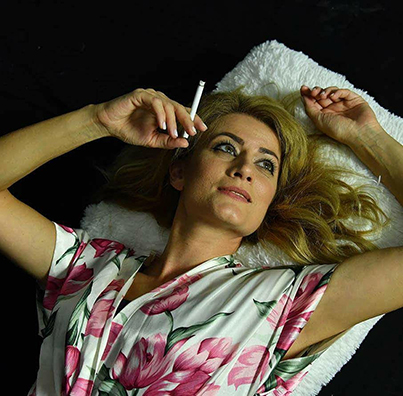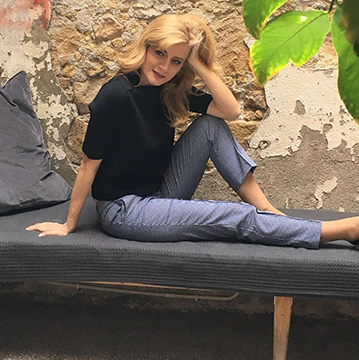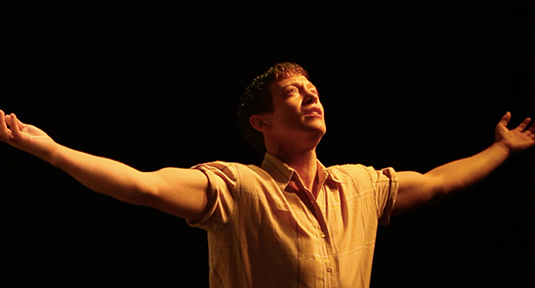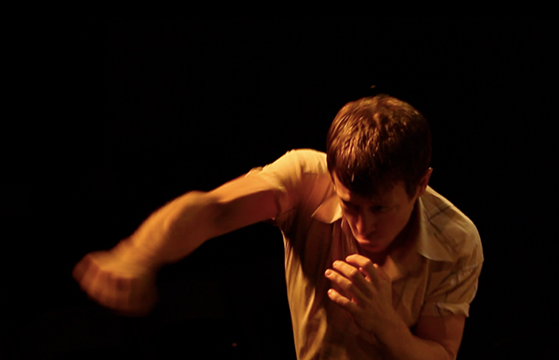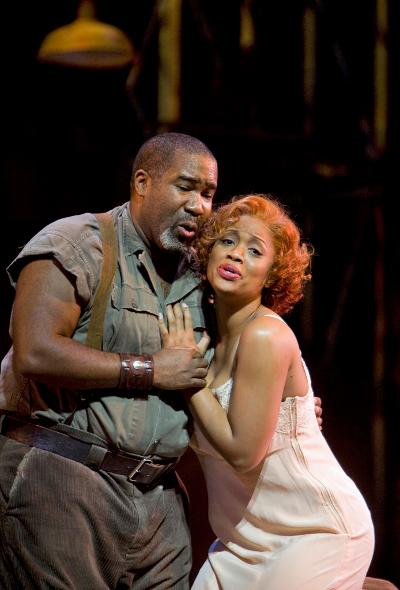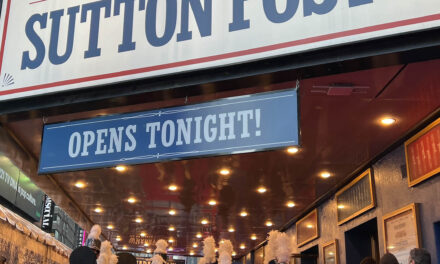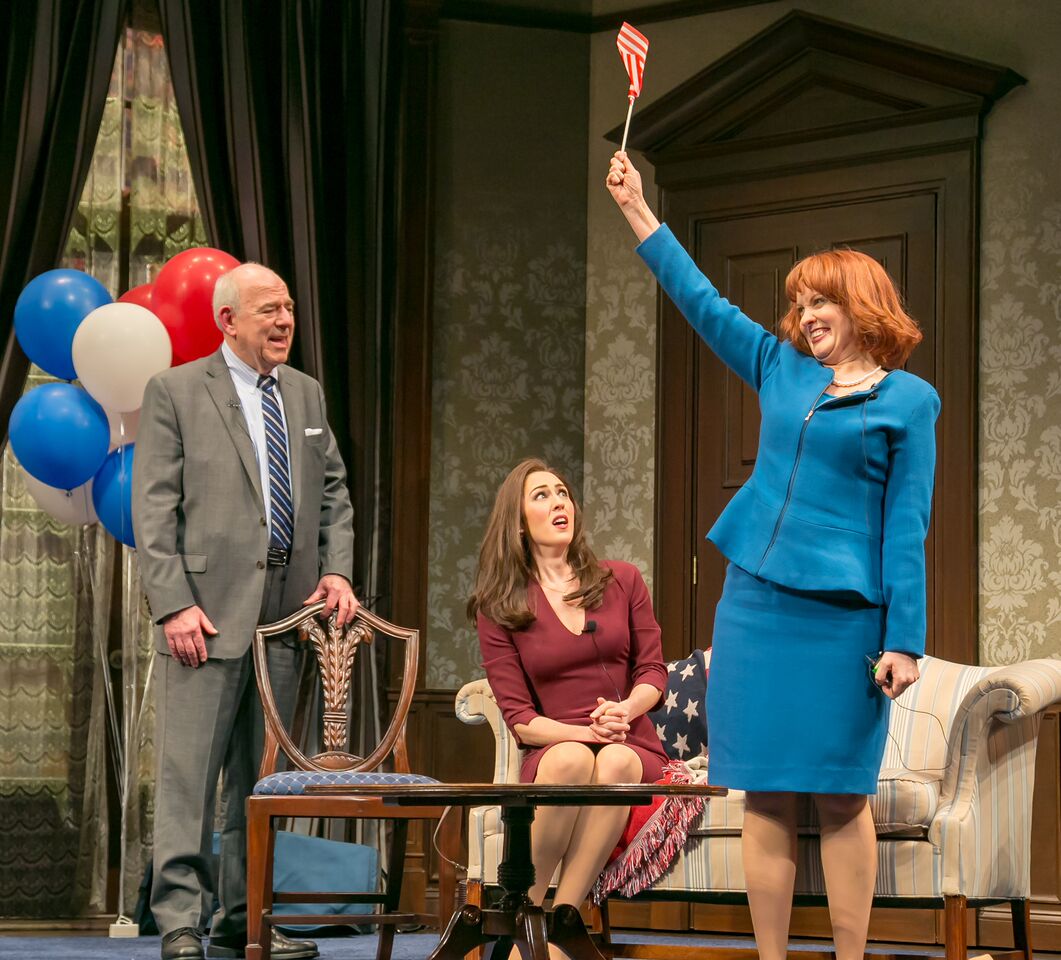by Alix Cohen
Melina-The Last Greek Goddess
Maria Amalia “Melina” Mercouri (1920-1994) was a fiery, Greek actress, singer and national heroine/politician, the latter in the footsteps of her family. Her father, Stamatis Mercouris, was deputy of EDA (Party of the Greek Democratic Left) and former Minister of Public Order and Public Works. Grandfather, Spyros Mercouris, served as popular mayor of Athens over 30 years. Despite years on stage in Greece and France, Mercouri’s theatrical side is perhaps best known to Americans for the 1960 role in Jules Dassin’s film Never On Sunday.
Clearly word has gone out that this internationally touring show has reached New York. The audience, many of whom seem to know one another, are predominantly Greek. As almost half the show is IN Greek, they understand much more than the rest of us. Not that Mercouri’s passions and trajectory is not clear, but vibrant songs (some of the audience quietly sang along to several), political speeches, and talking to herself is completely lost. Printing song translation in the program and/or intermittently projecting subtitles would immensely enrich the experience.
The play is divided into 5 chapters: Defining Melina, The Early Years, Star of the Silver Screen, The Road to Ithaca, and The Last Greek Goddess. Effective music and song are used both as underpinning (recorded) and performed live. As an introduction to Mercouri’s character and place in Hellenic history, it works.
Politics take the front seat here with theater/film endeavors coming in second and personal life third. It would have been interesting to hear the important romantic relationships in her life described more fully (in her words), rather than merely referred to. This was, after all, an ardent woman.
Continuity would be appealingly fluid were it not for Ms. Hadjilambri’s constantly exiting off stage to change costume- which could have been done in front of us while she talked.
Nor did Director Paul Lambis change a moment of blocking in accordance with the theater space, leaving only the front row able to see the subject every time she performed from the floor and often when she was seated.
Hadjilambri looks like a diminutive version of Mercouri, sings with a similar husky alto, moves with grace and emphasis, and projects the spitfire passion of a larger than life personality. Only a false laugh betrays the frequency with which she’s done the piece. The actress has terrific presence.
Photos by John Kotsovos
“I was born a Greek and I shall die a Greek.”
Illya Productions presents
Melina-The Last Greek Goddess
Written and Directed by Paul Lambis
Co-Written and Starring Paola Hadjilambri
Swansong
We meet Austin “Occi” Byrne feeding the swans, in particular his favorite, Agnes, to whom he attributes recognition and loyalty. Actor Andre de Vanny is so open, charming and focused we practically see the birds-both his ersatz pet and those he kicks away from bread tossed into the water=audience.
Occi is the taunted, bullied, illegitimate son of a single mother in 1960s Catholic Ireland. Dared to roll down a hill in a barrel as a boy, he severely injured himself, concussed and “was never right since.” The character is as volcanically intense as he can be appealingly childlike.
One day, Occi is called an intolerable name. De Vanny’s face flushes bright red; rage fills his eyes, hands fist. (Were this a cartoon, steam would surge from his ears.) Making rounds as delivery boy for the butcher, he lobbies Mrs. Dunbar’s steak at the source of the insult. Both boys are on bicycles. The victim falls and breaks his neck.
Vengeance is not achieved however, until Occi dismounts and murders his former friend. Taking money he’d been saving to go to London (for a better life), he gets drunk. “Mammy was mad at me about that.” ‘Not the violence, the lost opportunity to get out.
This is only the first instance of serial brutality evoked by Occi’s temper. The second occurs when his mammy’s relief benefits are cut. He’s literally pulled off a government functionary and locked up in a mental institution two years. Descriptions of the asylum are personal and vivid. Here he meets fellow patient Mary, a first love. Medication regulates temper. Unable to find the young woman who was released before him, he signs on a fishing trawler.
We careen from incident to incident with Occi as he attempts to find footing in an unwelcome world.
It’s astonishing Andre de Vanny doesn’t have a heart attack onstage. I don’t think I’ve ever seen an actor maintain such a height of emotion while so frequently shouting. And here’s the rub: There’s no doubt the thespian is in this 150%; he blazes with conviction, is persuasively delighted and viscerally savage. Casualties, like the birds, are almost conjured. The multitalented De Vanny moves like a dancer (and fighter) delivering his accent as if born to it.
If only there weren’t so very much yelling starting so very early. Eruptions would have more impact if less frequently at top volume. Performance is nonetheless incredibly accomplished and vivid.
Playwright Conor McDermottroe puts Occi both literally and figuratively in our faces. De Vanny spends a great deal of time at the edge of the staging area, boring directly into audience eyes. He’s riveting. Physicality is as demanding and muscular as out of control reaction.
Photos Courtesy of the production
L. Wolf Productions presents
Swansong
by Conor McDermottroe
Starring Andre de Vanny
Directed by Greg Carroll
ADDITIONAL SHOW: Thursday November 8, 2018
In its 9th year, United Solo, the world’s largest solo festival, presents over 130 local and international productions including storytelling, dance, puppetry, multimedia, improv, stand-up, magic, music, and drama over the course of ten stimulating, entertaining weeks. The festival runs through November 18, 2018. A fascinating, affordable way to see a cornucopia of theater. Recommended.
United Solo Festival 410 West 42 Street, NYC http://unitedsolo.org/us/


